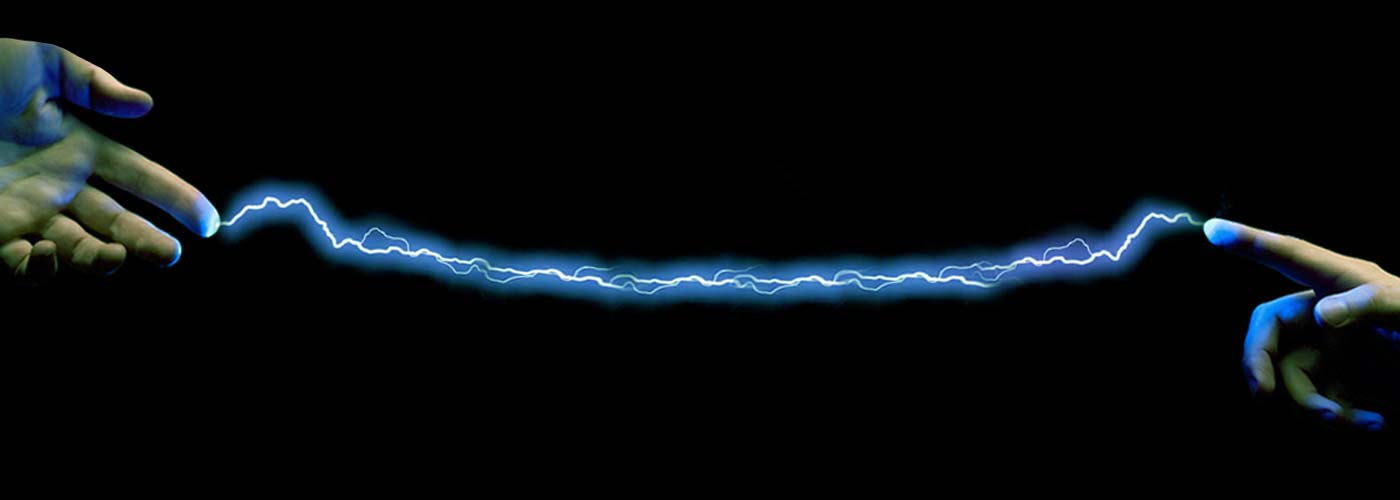You can pledge to donate your organs by signing and carrying a Donor Card. These cards are available with our transplant coordinators on the 2nd Floor, Transplant Coordination Unit.
It is also important to tell your family that you want to be a donor. Even if there is documentation that a person was a designated donor, the consent of the family is essential for the organs or tissues to be donated. Hospitals seek consent from the next of kin before taking any action.
If you are less than 18 years old, you cannot donate your organs when alive. But in case of brain death of a person below 18 years of age, their parents' permission to donate organs is a must. Children too are in need of organ transplants, and they usually need organs smaller than those of an adult.
Whether you have pledged to donate your organs or not, there will be no difference in the medical treatment given to you. Organ donation can only occur after brain death has been declared by physicians who are registered with the Director of Health Services in Brain Stem Death Committee and are not in any way connected with organ retrieval or the transplant teams. The doctor in charge of your care has nothing to do with transplantation.
Donation Process
STEP 1
An Intensivist medically evaluates each potential donor and determines the medical suitability of each organ. He obtains detailed medical information about the patient’s medical condition and history.
STEP 2
Once he finds that the patient is clinically brain dead he then explains the patient’s condition to his close relatives. Giving them these options:
- Do Not Resuscitate (DNR)
- Continue whatever treatment is going on
- Organ Donation
STEP 3
If the relatives give their verbal consent for Organ Donation then the transplant coordinator comes into the picture.
STEP 4
In the case of a brain dead person, the intensivist and the transplant coordinator meet the potential donor’s next of kin. If the relative agrees to donate, they will explain the process of organ donation, time required for the process and which organs can be donated. If all near relatives agree to go ahead with organ donation then the intensivist begins some tests.
STEP 5
The intensivist first gives the patient an apnoea test. An apnoea test helps verify if brain death has truly occurred. It requires close monitoring of a patient as all ventilator support is temporarily removed and partial pressure of carbon dioxide (Paco2) levels are allowed to rise. A positive test indicates a complete absence of respiratory efforts.
STEP 6
Six hours after the first test, the second apnoea test will be performed. If both tests confirm brain death, the transplant coordinator can ask the patient’s relatives to sign a consent form documenting which organs and/or tissues they wish to donate.
STEP 7
The retrieval of the organs is performed in the operating theatre where the donor is being cared for. The transplant coordinator coordinates with the retrieval teams regarding their arrival and departure, and performs other formalities required for organ donation. The retrieval team consists of surgeons, nurses, the transplant coordinator and an organ preservation technician.
STEP 8
Just prior to being removed from the donor, each organ is flushed with a specially prepared ice-cold preservation solution. The organs are then placed in sterile containers, packaged in wet ice, and transported to the recipient’s transplant centre.
This information is intended for awareness purposes only.
Buying and selling or trading of organs is against the law and KDAH does not indulge in the trading or facilitating trade of organs. The public at large is warned not to fall prey to scamsters who promise money in exchange for organs.



